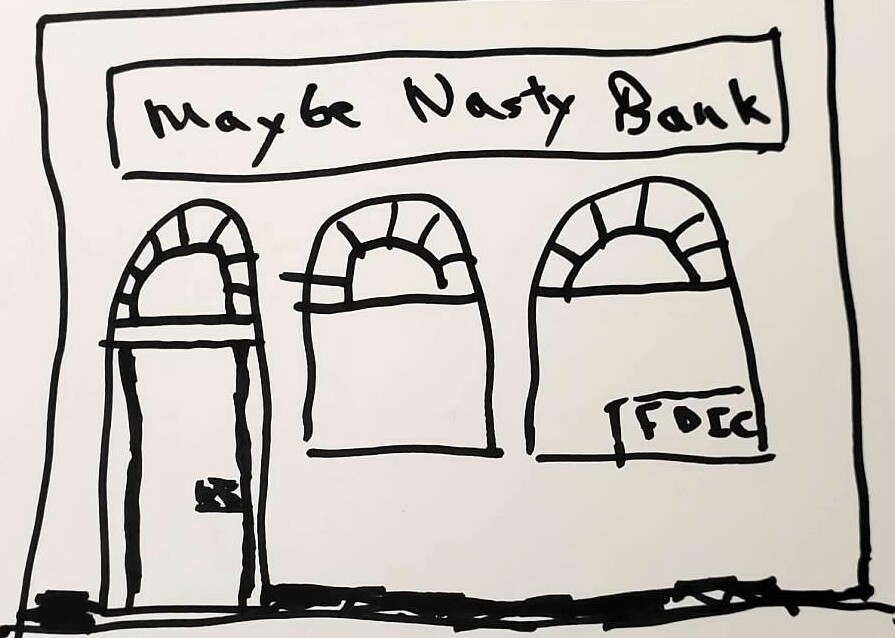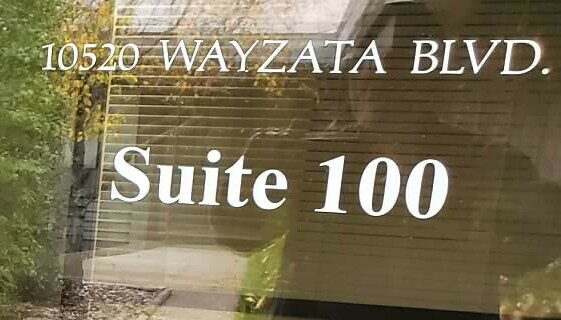7 DO'S Before Bankruptcy
The following is a list of the top seven things that in my opinion you should consider doing if you are thinking about filing a bankruptcy, whether it be a Chapter 7 or a Chapter 13. The list is not exhaustive. Also not every item applies in all situations. There is no one size fits all. This is a very tricky business. In some situations there may be things I recommend here that do not apply to you. This is not a guide for a do it yourself filing. Only a good lawyer after evaluating your situation can tell you exactly how you should be planning your case. There are too many things that might go wrong for you to try doing this by yourself. Plenty of things not listed here may be what YOU should be doing. Some of the things listed here might be things YOU should avoid. Having said that, here is what I see as the top seven most common things to do. For more detail check out the links I provide to my blog and Youtube channel, where I have posted a separate article and a video for each item.
1. Gather Financial Records
In order to process your case your lawyer will need a number of documents. Usually this will include at least six months of pay stubs, recent mortgage statments and tax returns. Also gather together monthly statements for your debts and nasty letters from lawyers and collection agencies. You may at some point be asked to prove some of the expenses you claim, so it would be a very good idea to start keeping records of all your expenses and start keeping all your receipts. It would be a good idea to have the following ready for your lawyer:
1. Six months of income information - including paystubs and unemployment benefits and all other regular income.
2. Statements or printouts showing at least 30 days of activity for all financial accounts - like checking, savings, retirement and HSA accounts.
3. State and federal tax returns for the past two years including W-2s and 1099s.
4. Bills, nastay letters and legal action documents.
5. Car titles or leases.
6. Deeds to any real estate you own or have an interest in.
7. Residential or apartment leases.
For more on this topic, take a look at this blog post
.2. Get Your Credit Reports
Even if you are sure you know wha all your debts are, I would never want to file a case without checking a credit report from at least one of the reporting agencies. The credit reporting agencies - Experian, Transunion and Equifax - are required by law to make a full report available to you at least once a year. To satisfy this requirement they have set up annualcreditreport.com. You can go to that web site, and after answering a few questions to make sure it's really you, get copies of creports from all three agencies.
Doing it yourself, however, is tedious and time consuming. The reports they provide do not include public records searches. Many of my clients have had trouble when printing the reports. There is a tendency for one side of the pages to be cut off so that important information might not show. It might be easier and safer to let me get the reports for you. For $37 per person - that's $74 per couple - I can get a report that draws from all three agencies and includes a public records check. Even if you bring me your own report I may still recommend that you let me pull a report on you myself just to make sure.
For more on this topic, take a look at this blog post
.
3. Consider Changing Banks

I have heard from other lawyers that sometimes Wells Fargo will freeze an account even if the person filing bankruptcy doesn't owe them money. This has never happened to a client of mine. What I understand is that they freeze the account and then ask the bankruptcy trustee what to do with the money. The trustee will probably say to release the funds, but that could take several days. Very inconvenient. Best to plan ahead so this can't happen to you.
I often advise my clients that their money is in danger if they leave it where it is; and it's time to change banks. My favorite kind of bank is some small and unknown neighborhood bank that few people have ever heard of. For one thing, the more obscure and unknown the bank is, the less likely it is that a bill collecting lawyer will find an account there. Banks like those with names that start with "State Bank of ...." are what I'm talking about..
For more on this topic, take a look at this blog post
.
4. Retain an Attorney
Please don't get the idea that the items listed on this page are a do-it-yourself plan. You should not make any serious changes to your financial arrangements without consulting a lawyer. In my opinion, lawyers who belong to the National Assocition of Consumer Bankruptcy Lawyers are the safest.
In the early stages you cannot afford to make a mistake. You will need more than just a consultation. You need to retain a lawyer so that you will have somebody there to guide you every step of the way. Your mother might be a good source of general advice, but as I mention elsewhere, your mother may have a tendency to advise you to do the opposite of what I would advise. The sooner you hire a lawyer, the sooner you can set up a payment plan with that lawyer to get him or her paid. And when the phone starts ringing, you can refer the collection calls to your attorney.
For more on this topic, take a look at this blog post.
5. Stay Current with Car Loan and Mortgage
Most of my clients want to keep their house or want to continue living in their apartment. And most of my clients want to keep their car. If you are going to surrender your home, break your lease or surrender your car, that's a different situation and you should probably disregard what I say here.
Once we start working on your bankruptcy, I will probably tell you to stop making payments on all the debts that we are planning on getting rid of. I will also probably tell you, however, to keep paying your ordinary living expenses including your car payment and mortgage or rent payment. Once the bankruptcy is finished the underlying debt should be gone but the lender's lien on your car and your home will remain. This means that if you want to keep the house or car, you still have to make the payments - even though technically you don't owe the debt any more. The bills for the car loan and mortgage will quit coming, but you still need to make the payments. If you've been relying on the montly reminder of a statement in the mail, this might not be easy to remember.
Most of the time, after the bankruptcy is over, the creditors you want to continue paying can be persuaded to start sending monthly statements again. If you reaffirm the debt you will start getting regular bills again once the bankruptcy is final. Whether you should reaffirm is a tricky subject which I have discussed elsewhere and won't be dealing with here.
For more on this topic, take a look at this blog post.
6. Be Open and Honest with your Lawyer

Don't try to be creative. Because every dishonest scheme you can think of has already been thought of. No, you can't sell your boat to your brother for a dollar. And you can't have a friend hold some money for you. The bankruptcy trustees have the resources of the FBI available if they get suspicious. As a result, there isn't anything they can't find out. Concealing a debt, an asset or some of your income is considered bankruptcy fraud. So is not being entirely truthful about what debts you have been paying and any relationship you might have with any particular creditor.
It might seem innocent to you, and maybe it really is, but the law may consider it a crime. No client of mine has ever gone to jail for bankruptcy fraud, and I would like to keep it that way. People tell me they find me to be non-judgmental. I believe that's true. I'm easy to talk to. Just let me know what's really going on.
For more on this topic, take a look at this blog post.
7. Avoid High Bank Balances
This item usually applies only in situations where you are expecting a garnishment. In Minnesota no advance notice is required before a garnishment of a checking or savings account. If the creditor garnishes your bank account, the first you may hear about it is when your bank or credit union notifies you that the account is frozen. Before you even get notified by your bank or credit union, you may notice that your checks are bouncing, your payments are not going through, and the pay check that was recently deposited is now beyond your reach.
As I keep saying, this is a tricky business. While I have said a lot about keeping a low bank balance, it is also true that it would be best to also have very little cash on hand as well on the day the case is filed. What I am mostly talking about here is the period of time before the case is filed where you are vulnerable to having a creditor freeze your bank account. If you have been taking cash out of your bank account to protect it from possible garnishment, that's fine - but by the time we file your bankruptcy it's important in most cases for that cash to be gone or mostly gone. For most of my clients, this is not much of a problbem because they are living very much hand to mouth anyway.
For more on this topic, take a look at this blog post
For a free consultation by telephone call
952-544-6356

Kelly Law Office
10520 Wayzata Blvd. #100
Minnetonka, MN 55305
952-544-6356


